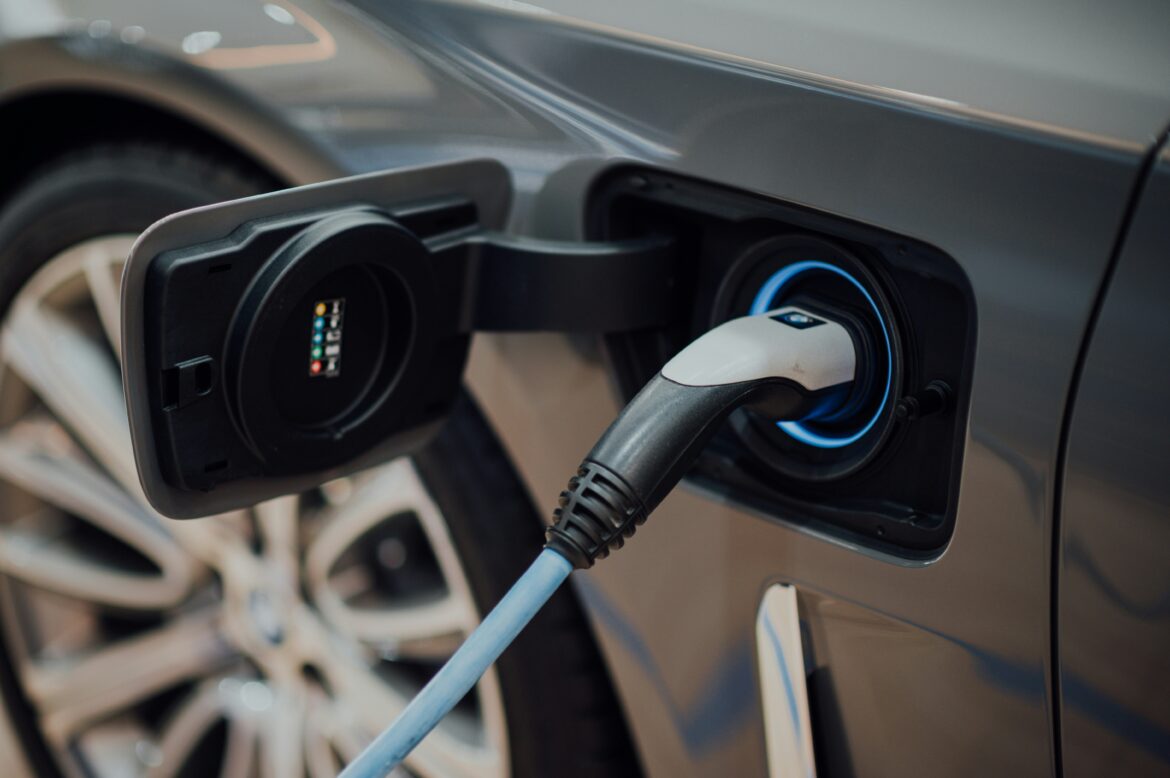According to the latest Gartner forecasts, 85 million electric vehicles (EVs) will be on the roads by the end of 2025.
The technological research and consulting firm projects that the number of EVs in use globally will total 64 million units in 2024 and increase 33 per cent in 2025.
This projection comes despite strong industry headwinds this year and launch delays.
“Many companies overestimated how quickly the switch to EVs would occur. This caused those companies to delay launching new EV models,” said Jonathan Davenport, Sr Director Analyst at Gartner.
According to Davenport, the 2024 growth will be driven primarily by higher EV sales in China (58 per cent) and Europe (24 per cent), which together are projected to represent 82 per cent of total EVs in use worldwide.
Indeed, by 2025, Gartner estimates that 49 million EVs will be on the road in China, compared to 20.6 million EVs in Europe and 10.4 million EVs in North America.
Globally, in-use battery electric vehicles (BEVs) are forecast to total almost 62 million units by the end of 2025, an increase of 35 per cent from 2024.
Plug-in hybrid electric vehicles (PHEVs), meanwhile, will grow at a slightly slower rate, reaching an installed base of 23 million units in 2025, up 28 per cent from 2024.
Alongside these forecasts, tech analysts note that the shortage of raw materials will “not be easy to resolve.” As such, Gartner forecasts that by 2030, automakers will enable the recycling of 95% of batteries from EVs to mitigate raw material shortage risks.
“A robust recycling effort to take advantage of materials in spent batteries and scrap from the manufacturing production process, which, together with EU efforts to mandate battery recycling, could reduce the need for more mineral excavation,” said Davenport.
Adding: “Because concentrations of rare metals in batteries are higher than in natural ores, spent batteries can be seen as highly enriched ore. If recovered at large scale, the spent batteries could support the overall commercial viability of EVs by bringing battery prices down.”
Davenport noted that there would be the additional benefit of batteries not ending up being disposed of in unethical manners or put into landfill sites.
Regionally, recent research from Bain & Company said the Middle East EV market could reach $54 billion by 2035, by which point, EVs could represent nearly two-thirds of new car sales.
However, a key lever to realising this potential is favourable regional policies, the management consulting firm said.
It notes that for many countries in the region, EV penetration of new car sales is below 1 per cent. The UAE leads the region at 3 per cent. By 2050, the country aims to have EVs account for half of all cars on the road.



